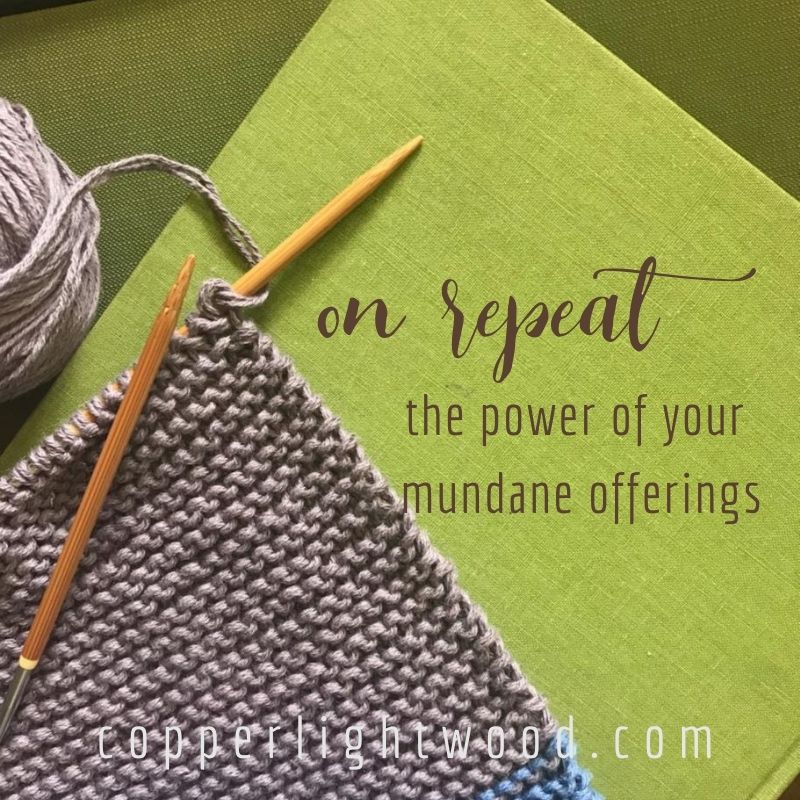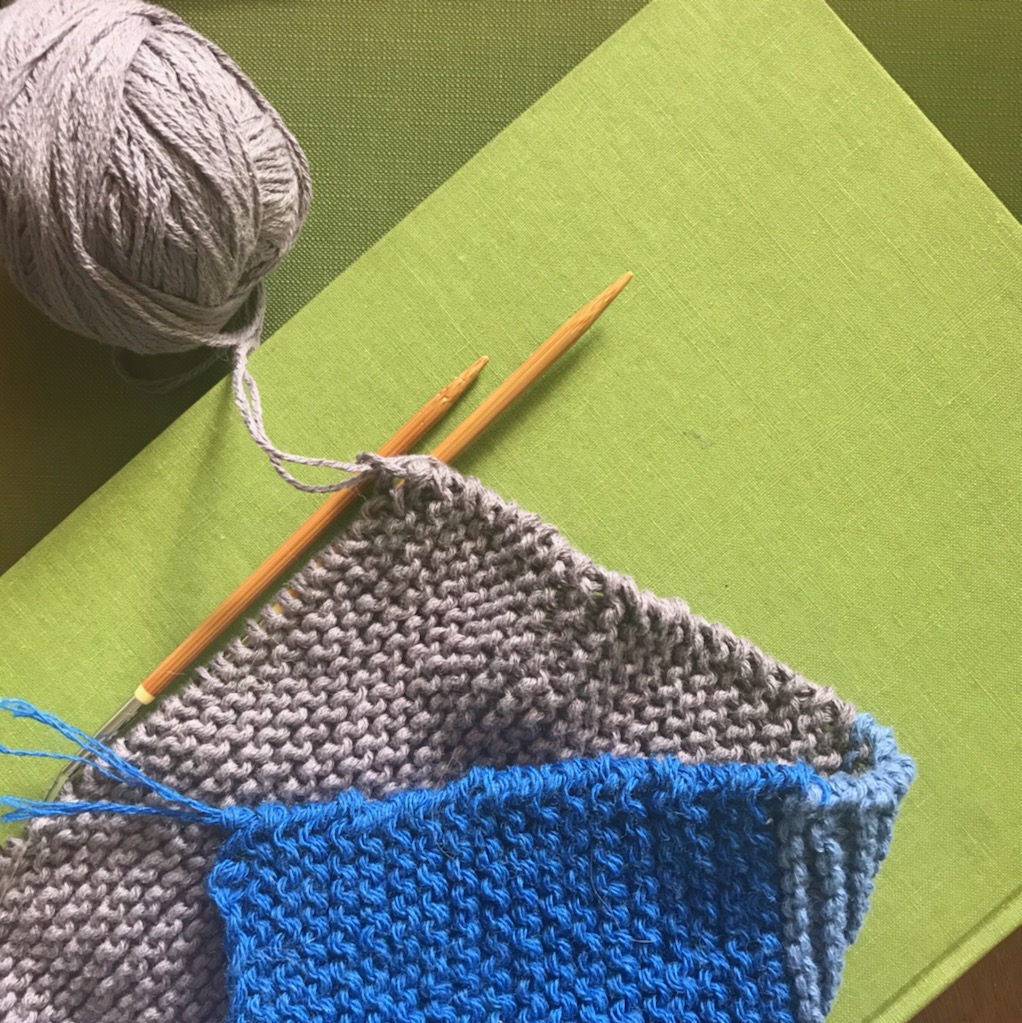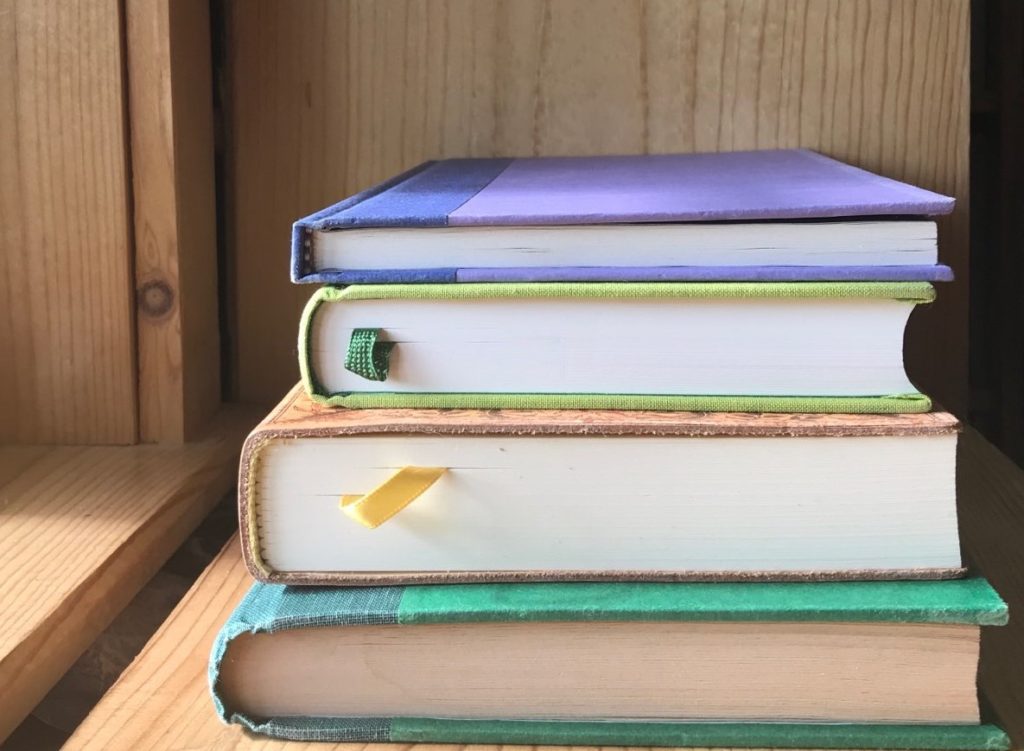If you’re super spiritual, you should just skip this post. I mean, if you read commentaries and offerings and begats for fun, and you have whole sections of the Pentateuch memorized, this probably isn’t for you. It’s for the rest of us.

If you had to look up the word “Pentateuch,” though, you’re in the right spot.
(Okay, is it safe yet? Because I’m getting ready to confess something. Deep breath.)
If you have ever read Numbers in the Old Testament, you know it can be a little…
Um…well…(cough)
Kinda boring. Right? A little repetitive.
Okay, a lot repetitive.
I’ve been reading chapters six and seven, and here’s what it says – just one very short example:
On the second day Nethanel the son of Zuar, the chief of Issachar, made an offering. He offered for his offering one silver plate whose weight was 130 shekels, one silver basin of 70 shekels, according to the shekel of the sanctuary, both of them full of fine flour mixed with oil for a grain offering; one golden dish of 10 shekels, full of incense; one bull from the herd, one ram, one male lamb a year old, for a burnt offering; one male goat for a sin offering; and for the sacrifice of peace offerings, two oxen, five rams, five male goats, and five male lambs a year old. This was the offering of Nethanel the son of Zuar.
– Number 7:18-23, ESV
FASCINATING.
No? What, you skimmed? You don’t want to hear all about the offerings? And you don’t want to hear them repeated verbatim twelve times (with the exception of different names of tribes, chiefs, and their fathers)?
Me neither. But here’s the deal: I was praying about it, and the Word never says “Blah, blah, blah” (you’ve heard me say that in Oh My Soul before) so I asked the Lord, Why do all the mundane details matter? Why are there so many of them in the Word and in our lives?
We do all these tasks that are never finished: the dishes, laundry, making the beds, teaching the kids, commuting to work. We repeat and repeat and repeat, and life is still full of them, never done.
And here’s what the Lord told me:
As you’re reading these mundane details, you are posturing yourself to hear Me. You are postured for Me to move in all these small things. You are postured to do a productive work even though you are “only” doing all those tiny, repetitive actions that don’t seem to go anywhere.
They are obedient to My calling for you, so they are going somewhere.
They are your offering.
And in the spirit of repetition, He keeps reminding me of it as I read parts of the Bible that are sticky, and as I deal with details in life that are sticky, too.
Repetition doesn’t have to equal boring and mundane. Sometimes we choose repetitive acts because they are relaxing and they help us focus on what is important – like taking communion or praying before meals, or going for a walk, or finding work for our hands so our minds can think clearly.
Earlier this year I started knitting again while I read. The movement helps me focus and it’s therapeutic for my hands. And as I’m getting ready to change colors, I’m right here:
Aspire to live quietly, and to mind your own affairs, and to work with your hands, as we instructed you.
– 1 Thessalonians 4:11, ESV
If you don’t know, knitting tends to be slow work. You repeat and repeat and repeat – especially in garter stitch, especially when you’re using the same color, row after row after row.
But it produces something.

Just like pages read, prayers prayed, and Scripture spoken: They all do something.
They produce results. They create and refine things…and us.
But sometimes it takes a while to see that progress – which is all the more reason to start today.
When we start a project, whether it’s knitting, writing, building, reading, painting, teaching, or any other creative endeavor, we are working toward something we cannot see.
Do you know why books such as this are so important? Because they have quality. And what does the word quality mean? To me it means texture. This book has pores. It has features. This book can go under the microscope. You’d find life under the glass, streaming past in infinite profusion.
– Ray Bradbury, Fahrenheit 451
The woman weeding the garden, the neighbor changing the oil, the friend delivering dinner.
The officer driving, the receptionist answering the phone, the doctor prescribing a treatment.
The dad bathing the preschooler, the mom teaching the kid on the couch how to read.
A million steps of creative, mundane, prayerful, powerful faithfulness: lives lived in quiet, repetitive offering, standing for freedom and redeeming the culture.
We aren’t disgusted or despairing because the blanket isn’t complete yet after only a few rows of stitches. We know it’s a process. We see the unseen, and we work toward it.
And this is how prayer works, too.
If you are praying for some big situation or discouraged over huge current events — remember, we partner with God to work toward things that are unseen, and they change.
So we read books. We speak Scripture. We write words. We move in faithful obedience.

We are going somewhere as we obey Him in all these small things. And that includes reading the Bible – and not skipping the sticky parts, because He speaks to us in those, too.
We pray from victory, and we pray toward victory. And it works.
We make all these little stitches, and we know they make the Kingdom come. Pretty soon, we’ll see the colors start to change.
_____


